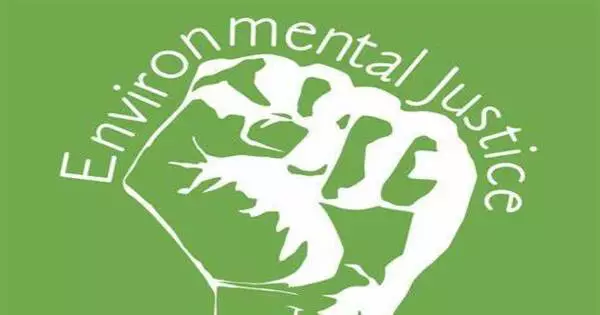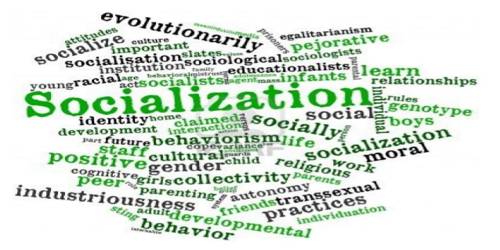Environmental justice is a concept that addresses the equitable distribution of environmental benefits and burdens among various communities, with a focus on marginalized or vulnerable populations. It is a social movement that seeks to address environmental injustice, which occurs when poor or marginalized communities are harmed by hazardous waste, resource extraction, and other land uses that do not benefit them.
The environmental justice movement arose in response to the realization that certain communities, often those with lower socioeconomic status or made up of minority groups, bear a disproportionate share of the burden of environmental pollution and degradation. Hundreds of studies have been conducted as a result of the movement, demonstrating that exposure to environmental harm is unequally distributed.
The movement began in the 1980s in the United States. It was heavily influenced by the civil rights movement in the United States and focused on environmental racism within wealthy countries. Later, the movement broadened to include gender, international environmental injustice, and inequalities within marginalized groups.
The environmental justice movement seeks to empower marginalized communities to make environmental decisions that affect their lives. Local environmental conflicts often pit environmental defenders against multinational corporations involved in resource extraction or other industries, giving rise to the global environmental justice movement. Transnational environmental justice networks are increasingly influencing the local outcomes of these conflicts.
Key principles of environmental justice include:
- Fair Treatment: All people, regardless of race, income, or socioeconomic status, should have the same degree of protection from environmental and health hazards, as well as equal access to the decision-making processes that affect their environment.
- Participation: Communities should have the right to participate in the decision-making processes related to environmental policies and projects that may impact them. This includes being involved in planning, development, implementation, and enforcement of environmental laws and regulations.
- Equity: The equitable distribution of environmental benefits and burdens is crucial. It emphasizes that no group of people should bear a disproportionate share of the negative environmental consequences, while others enjoy a disproportionate share of environmental goods.
- Accountability and Enforcement: Governments, industries, and other entities that cause environmental harm should be held accountable. Environmental laws and regulations must be enforced in order to ensure compliance and protection for affected communities.
- Recognition of Cumulative Impacts: It recognizes that multiple sources of pollution or environmental stressors have cumulative effects on some communities. It is critical to consider these cumulative effects when addressing the overall burden on a community.
Governments, non-governmental organizations (NGOs), and activists around the world continue to advocate for environmental justice policies and initiatives, recognizing the importance of addressing social and environmental inequalities for the well-being of all communities.
















